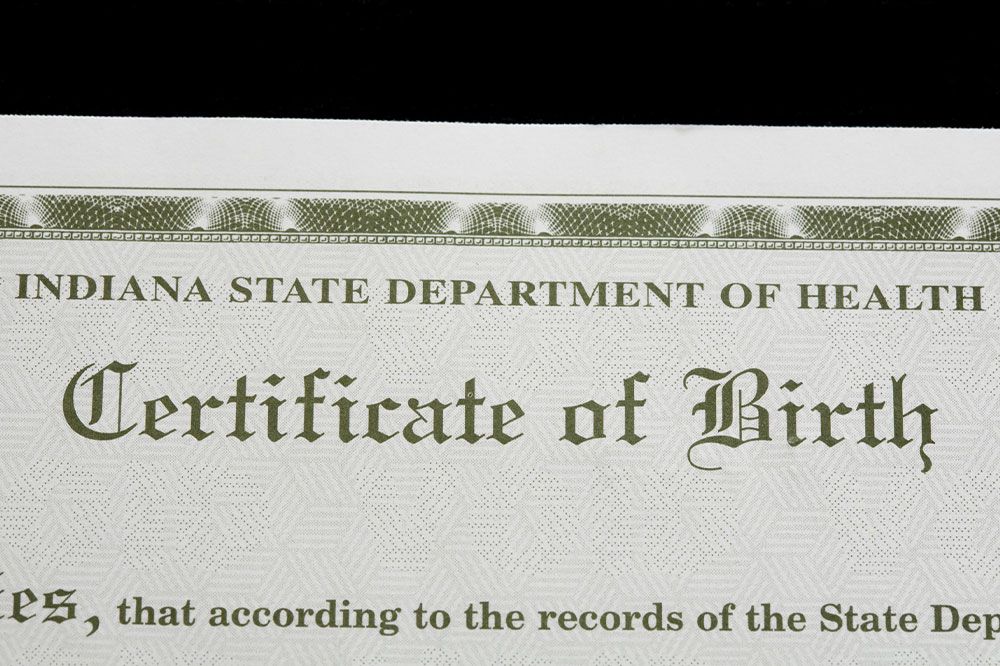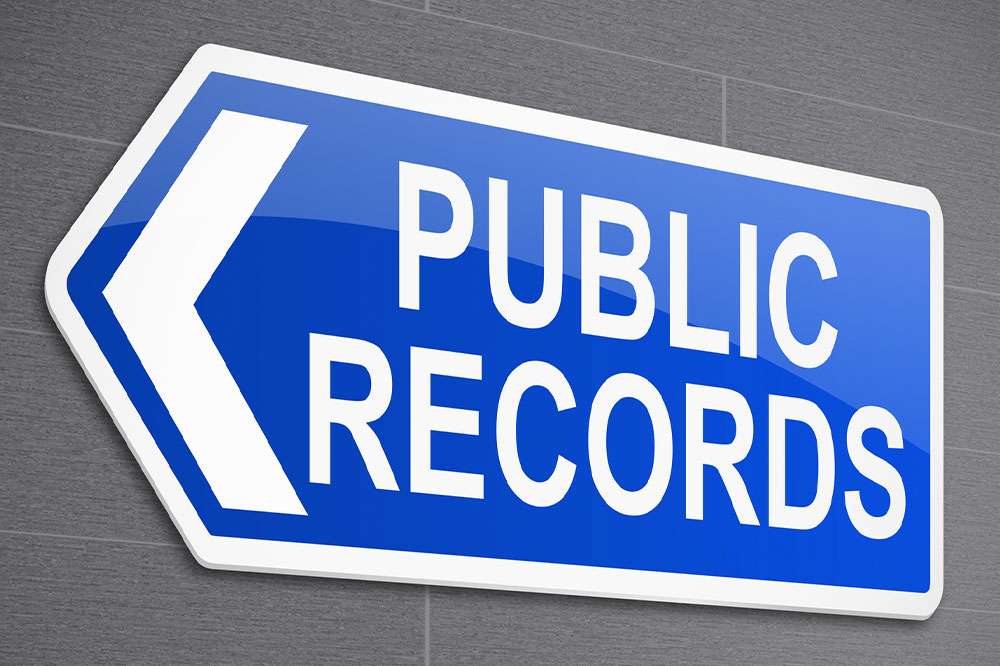Comprehensive Guide to Accessing Public Records Effectively and Efficiently
This comprehensive guide provides essential tips and detailed procedures for accessing public records efficiently. It covers various types of records, legal considerations, online search methods, and the importance of transparency. Whether for legal, genealogical, or personal reasons, mastering the process of retrieving public records can save time and ensure successful results, promoting openness and accountability in your community.

Comprehensive Guide to Accessing Public Records Effectively and Efficiently
Public records are vital documents and datasets maintained by government agencies that are accessible to the general public. These records encompass a wide range of information, including property ownership data, vital records such as birth and death certificates, court records, business licenses, and more. They serve as essential resources for individuals conducting genealogical research, journalists investigating public issues, legal professionals, researchers, and concerned citizens seeking transparency and accountability within their communities.
Fundamentally, public records are protected and governed by laws designed to promote transparency and open government, such as the Freedom of Information Act (FOIA) in the United States. These statutes specify what types of records are accessible, under what circumstances, and how requests should be submitted and processed. Understanding these legal frameworks is crucial for anyone seeking to access public records effectively.
Different types of public records have varying levels of accessibility, processing procedures, and associated costs. For example, property ownership records—such as deeds, title transfers, and land sales—are generally easy to access and available at local clerk's offices or county registries. These records are often public domain, allowing individuals to verify property histories or conduct due diligence. Accessing vital records like birth, marriage, or death certificates typically involves applying through state or local health departments, often with minimal fees and specific identification requirements. These records are crucial for genealogical research, legal matters, or personal record-keeping.
However, certain public records might be restricted or require formal requests due to privacy concerns, security reasons, or sensitive nature. For instance, criminal offender lists, court records containing confidential information, or records involving juvenile matters may have limited access or require court approval. Processing these requests might involve filling out official forms, paying fees, or complying with legal safeguards that protect individual privacy rights.
To navigate the process efficiently, it is advisable to conduct thorough research beforehand. Many government agencies provide online portals where you can search for or request records directly, saving time and effort. For records not available online, visiting the relevant office in person or submitting written requests might be necessary. It's important to provide accurate information, such as names, dates, or case numbers, to help locate the records quickly.
In some cases, legal assistance can be invaluable. Consulting a lawyer or a records search specialist can help clarify accessibility restrictions, expedite the process, and offer advice on handling complex or sensitive records. Additionally, understanding the applicable laws and regulations can prevent delays or legal complications.
Public records also play a vital role in community safety and transparency. For example, many jurisdictions publish lists of registered offenders, safety inspection reports, or regulatory compliance records to inform residents and promote trust. These resources contribute to community awareness and safety initiatives.
In conclusion, accessing public records effectively requires a clear understanding of the types of records available, the legal and procedural requirements, and the appropriate channels for requesting information. By being organized, respectful of privacy laws, and utilizing available online services or legal expertise, individuals can streamline their searches and obtain the information they need with confidence. This proactive approach enhances transparency, supports personal and professional projects, and fosters an informed community.





